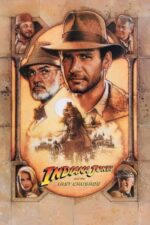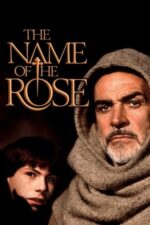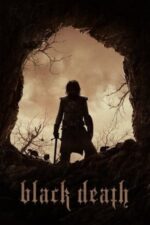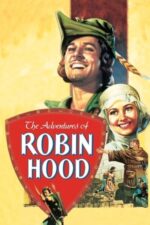Beyond Dragons & Damsels: Exploring "Medieval" on Film
Okay, let’s talk about “medieval” in film. It's a surprisingly rich and complex topic! When we think of medieval cinema, images of knights in shining armor, sprawling castles, and perilous quests probably spring to mind – and those are definitely part of the story. But what does it really mean to depict this vast period of history (roughly 5th to 15th centuries) on screen? It’s more than just costumes and swords; it's about exploring societal structures, belief systems, and the very human struggles that defined an era.
What fascinates me is how filmmakers have interpreted – and often reinterpreted – the medieval world over time. Early depictions tended to lean heavily into romanticized notions of chivalry, think swashbuckling adventures with clear-cut heroes and villains. You see echoes of this in films like "William Tell," where the focus is on heroic resistance against oppression. It's a powerful story about freedom, but it simplifies a period rife with political maneuvering and complex power dynamics.
But then you get these wonderfully weird departures! “Star Knight,” for example, throws a curveball by introducing aliens into a medieval setting. It’s pure playful absurdity, sure, but it also highlights how our understanding of the "medieval" is often shaped by preconceived notions – what do we expect to find there? The film cleverly subverts those expectations while still using the familiar visual language of castles and knights. It's a bit like Monty Python and the Holy Grail, which I always loved for its irreverent take on Arthurian legend!
And it’s not just about comedy. "The Undead" (or Psychic Revelations) uses the medieval setting to explore something far more unsettling: the fragility of reality and the potential consequences of tampering with time itself. Suddenly, that picturesque landscape becomes a terrifying backdrop for accusations of witchcraft and imminent death – a stark reminder of the harsh realities faced by many during this period.
What I find particularly compelling is how filmmakers are increasingly using the medieval setting to examine contemporary themes. "Knights of the Teutonic Order" isn't just about a love triangle; it’s about loyalty, sacrifice, and the corrosive effects of power – issues that resonate deeply today. Even something seemingly lighter like “Princess Arete” uses its fantasy framework to explore friendship and self-discovery in a way that feels surprisingly modern.
Ultimately, "medieval" on film isn't just about recreating history; it’s about using that historical context to illuminate the human condition. It’s about asking questions about power, belief, and what it means to be brave – whether you’re facing down a dragon or an alien spaceship! So next time you see a movie set in the Middle Ages, don't just look for the knights and castles; look for the deeper story being told. You might be surprised by what you find.






































